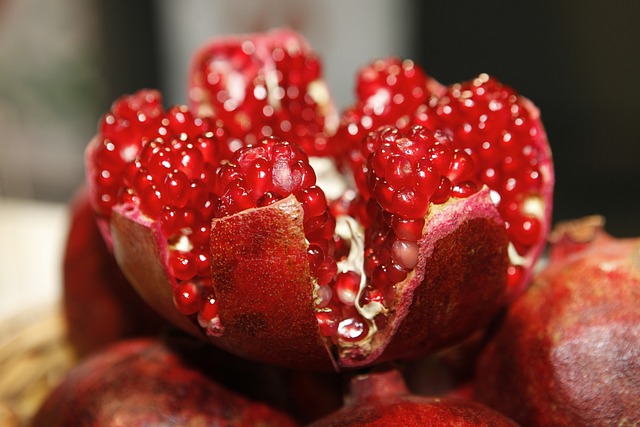Beyond the Yogurt: A Comprehensive Guide to Probiotic Food Sources
Probiotics have become a popular topic in recent years, and for good reason. These good bacteria play a vital role in our overall health, especially when it comes to our digestive system. While many people turn to yogurt as a source of probiotics, there are actually many other foods that contain these beneficial microorganisms. In this comprehensive guide, we will explore some of the lesser-known probiotic food sources and how they can benefit our health.
Kefir
Kefir is a fermented milk drink that is similar to yogurt but has a thinner consistency and a tangier taste. It is made by adding kefir grains (a combination of bacteria and yeast) to milk and letting it ferment for 24-48 hours. Kefir contains a variety of probiotic strains, including lactobacillus and bifidobacterium, as well as antioxidants and anti-inflammatory compounds. Some studies have shown that kefir may improve digestive health, boost immunity, and reduce inflammation.
Kombucha
Kombucha is a fermented tea that is made by adding a SCOBY (symbiotic culture of bacteria and yeast) to sweetened tea and letting it ferment for 7-14 days. The resulting drink is slightly effervescent and has a sour, tangy taste. Kombucha contains probiotic strains like lactobacillus and bifidobacterium, as well as antioxidants and other beneficial compounds. Some studies have suggested that kombucha may have antimicrobial and anti-inflammatory effects, as well as potential benefits for metabolic health.
Sauerkraut
Sauerkraut is a fermented cabbage dish that is commonly eaten in Germany and other parts of Europe. To make sauerkraut, shredded cabbage is mixed with salt and left to ferment for several days or weeks. During the fermentation process, lactic acid bacteria grow and produce probiotic strains like lactobacillus. Sauerkraut is a good source of vitamin C and other antioxidants, as well as fiber and other nutrients. Some studies have suggested that sauerkraut may have anti-inflammatory and anticancer effects, as well as potential benefits for digestive health.
Miso
Miso is a traditional Japanese condiment that is made by fermenting soybeans with rice or barley and salt. The resulting mixture is a thick paste that is commonly used in soups, marinades, and other dishes. Miso contains probiotic strains like lactobacillus and bifidobacterium, as well as antioxidants and other beneficial compounds. Some studies have suggested that miso may have cholesterol-lowering and anti-inflammatory effects, as well as potential benefits for digestive health.
Kimchi
Kimchi is a spicy Korean dish that is made by fermenting cabbage, radish, and other vegetables with chili powder, garlic, and other seasonings. Kimchi contains a variety of probiotic strains, including lactobacillus and bifidobacterium, as well as other beneficial compounds. Some studies have suggested that kimchi may have antidiabetic, anti-inflammatory, and anticancer effects, as well as potential benefits for digestive health.
Tempeh
Tempeh is a fermented soybean product that is commonly used as a meat substitute in vegetarian and vegan dishes. To make tempeh, whole soybeans are cooked, mixed with a probiotic culture, and left to ferment for 1-2 days. The resulting cake has a nutty flavor and chewy texture and can be sliced or crumbled for use in a variety of dishes. Tempeh contains probiotic strains like lactobacillus and bifidobacterium, as well as other beneficial compounds like plant-based proteins, fiber, and isoflavones. Some studies have suggested that tempeh may have cholesterol-lowering, antidiabetic, and anticancer effects, as well as potential benefits for gut health.
Final Thoughts
While yogurt is a great source of probiotics, it is by no means the only option. By incorporating a variety of fermented foods into your diet, you can reap the benefits of multiple probiotic strains and other beneficial compounds. From kefir and kombucha to sauerkraut and tempeh, there are plenty of delicious







